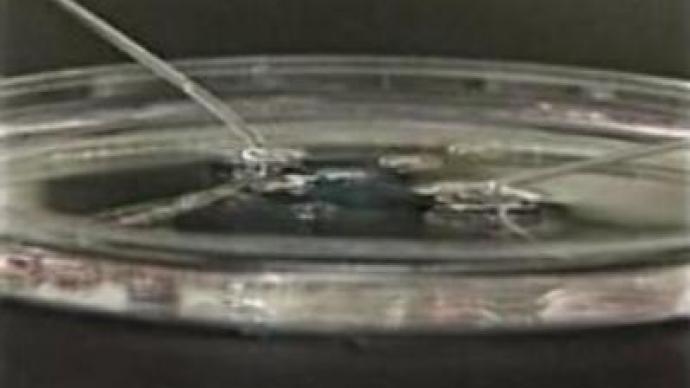Australia allows human cloning for research

The Australian parliament has backed a law that will allow embryonic stem cells to be cloned for research. Scientists hope the new law can help to cure complicated illnesses and attract medical researchers.
The cloning of human cells has long caused controversy in the science community. Some countries are against it, but others like Sweden, Britain, the U.S., and Japan have a more flexible policy. Stem cells produce a variety of human cells which can be used to treat different diseases, and theoretically could produce tissue to repair either nerves, muscles or organs. Scientists had previously been allowed to extract stem cells from spare embryos, but cell cloning was still prohibited. Australian scientists hope cloning could help cure conditions such as Parkinson's or Alzheimer's, as well as spinal cord injuries, diabetes and arthritis. Australian parliamentarians hope the new law will attract researchers and allow greater collaboration. Once guidelines for egg donation and research licences are in place scientists are free to do their research. The law still prevents cloned embryos being implanted in a uterus and demands them to be destroyed within 14 days.
You can share this story on social media:












